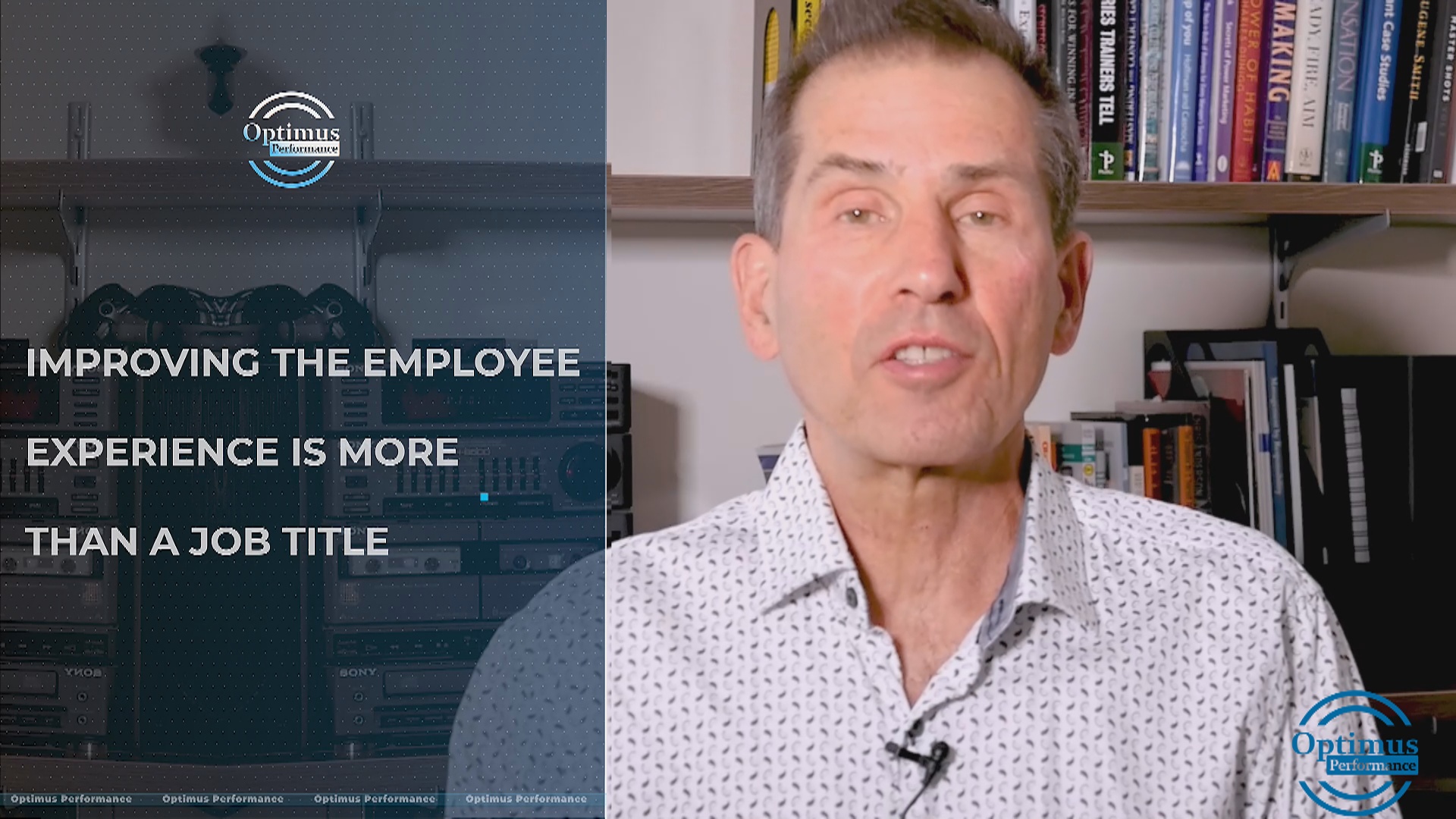I am seeing more and more people using titles like director of Employee Happiness or Head of Corporate Culture these days and it points to the importance leaders are placing on the culture of their company and the experience of employees.
There is a fierce competition for good talent and especially knowledge workers as technology continues to drive change and innovation. While some sectors are suffering due to the current COVID-19 pandemic, others are thriving and lack the personnel needed to meet demand.
So, creating a culture that attracts and retains good talent has become primordial and thus the practice has emerged of using job titles to show the importance the firm is placing on the experience of employees.
I have been noticing this trend not only in large companies where they can have a person in HR dedicated to employee happiness and engagement, but also in smaller firms. In small and medium size companies this person probably wears many hats but deliberately uses a title that shows their focus on people.
This made me think of how effective this approach is to gain the engagement of employees and create a culture focused on people. After all, the role of employee satisfaction and engagement is not that of one person. It is the responsibility of everyone as the interactions between people can quickly impact a person’s experience and satisfaction with their work environment.
Engagement on the job begins with one’s work. People need to enjoy what they are doing, have sufficient challenge and feel that they are growing and contributing.
The next level of engagement revolves around the relationships they have with their boss and co-workers. Trust is the foundation of fostering good relationships and this is where the company must ensure that people are treating each other with respect and openness to get their work done.
Another level of engagement and job satisfaction comes from people’s perception of top management. This is where ongoing communication is of utmost importance especially during uncertain times. People want to be kept informed of the health of the company and plans for change so they can prepare themselves accordingly.
Another important element of engagement and satisfaction is investment in ongoing training and development. As it is extremely hard to predict the future, people need to feel they can market themselves with an up to date skill set. Ongoing training should include whatever technical skills are relevant to the job and may become important in the future. Teamwork and interpersonal skills are also important as the ability to collaborate with diverse people both locally and virtually has grown in importance.
Providing or taking on a people-oriented title for a director or executive is a good idea but a title does not produce a culture that values and invests in people. A good strategy and action are required based on a good understanding of the needs of employees. As well, everyone especially managers need to be committed to the strategy and taking the necessary actions.
Checkout my Employee Engagement and Retention Planning Worksheet to help you plan a good strategy and action plan for improved employee engagement and satisfaction.
